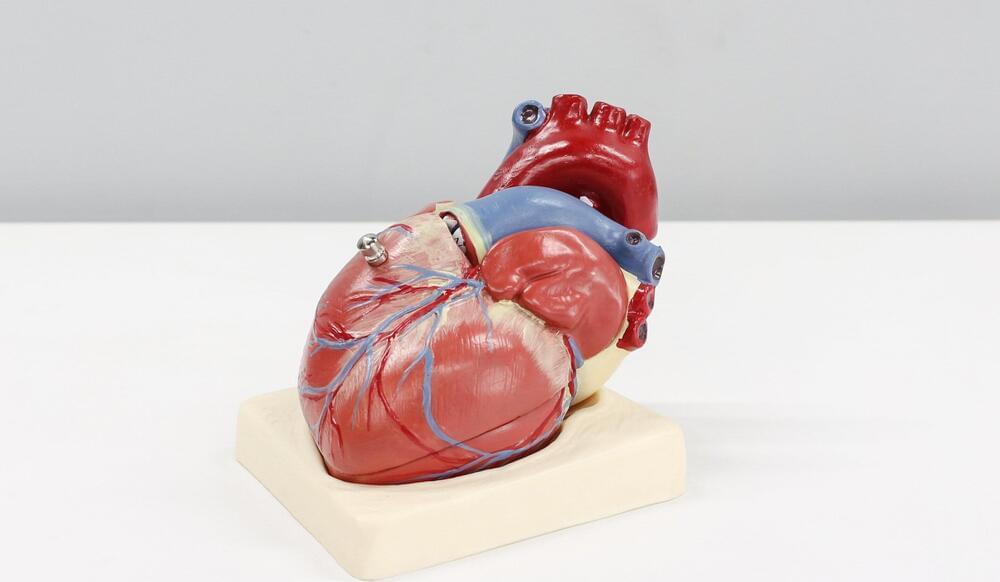Although chemotherapy can be a lifesaving treatment for patients with cancer, some of these medications can damage the heart. A team led by researchers at Massachusetts General Hospital (MGH) recently developed a nanoparticle probe that can detect an indicator of heart damage from chemotherapy.
Experiments with the probe also revealed that in mice with cancer, intermittent fasting before chemotherapy can prevent this heart damage indicator from arising, leading to preserved cardiac function and prolonged survival.
The study, which is published in Nature Biomedical Engineering, focused on autophagy—a process that cells use to remove unnecessary or dysfunctional components. A delicate balance exists between the protective and deleterious effects of this process: reduced levels of autophagy have been implicated in cardiovascular disease and other conditions; however, autophagy can also be a primary mechanism of cell death.










Comments are closed.